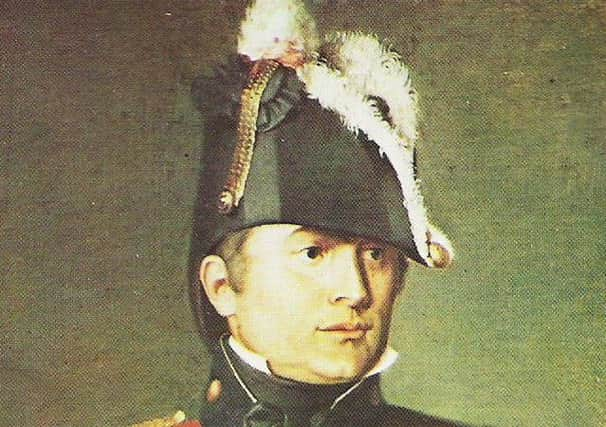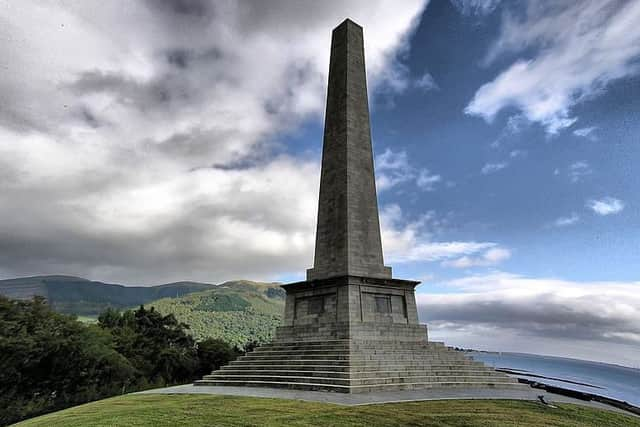Mr President, it was a Co Down man who burned down the White House


It’s not known if Mr Trump’s comment, made during a call last month to Canadian prime minister Justin Trudeau, was intended as a joke, but it has sparked widespread ridicule of the president on social media, given that the ‘Burning of Washington’ took place more than 50 years before Canada was founded.
Keen to correct the president on his American history, many people took to Twitter to point out that Canada didn’t exist at the time of the conflict between the United States and Britain over maritime rights, and that it was British forces that set fire to the presidential residence.
Advertisement
Hide AdAdvertisement
Hide AdIndeed, so many people were keen to highlight his mistake – and criticise him for it – that ‘War of 1812’ was actually trending on Twitter.


Contrary to Mr Trump’s version of events, it was an Irishman who was responsible for leading the troops who set fire to the presidential mansion, Capitol building and a number of other US government facilities in August 1814.
British Army Major General Robert Ross, from Rostrevor in Co Down, will forever be remembered as the man who burned down the White House and ‘the man who captured Washington’.
US president James Madison, his military chiefs and government officials fled the city in the wake of the British victory at the Battle of Bladensburg, which preceded the ‘Burning of Washington’.
Advertisement
Hide AdAdvertisement
Hide AdOne eyewitness testified to Ross personally being involved in piling up furniture and kindling at the White House, preparing to destroy the landmark building.
Ross was shot and killed in the Battle of Baltimore less than a month later.
His body was shipped to Halifax, Nova Scotia and embalmed in a cask of rum before he was laid to rest in the Old Burying Ground.
In 1826, a large granite obelisk was erected in Rostrevor by the officers of Ross’ American campaign troop and the gentry of Co Down in memory of the Major General.
It was placed on the spot overlooking Carlingford Lough where Ross had intended to live out his retirement after the war.